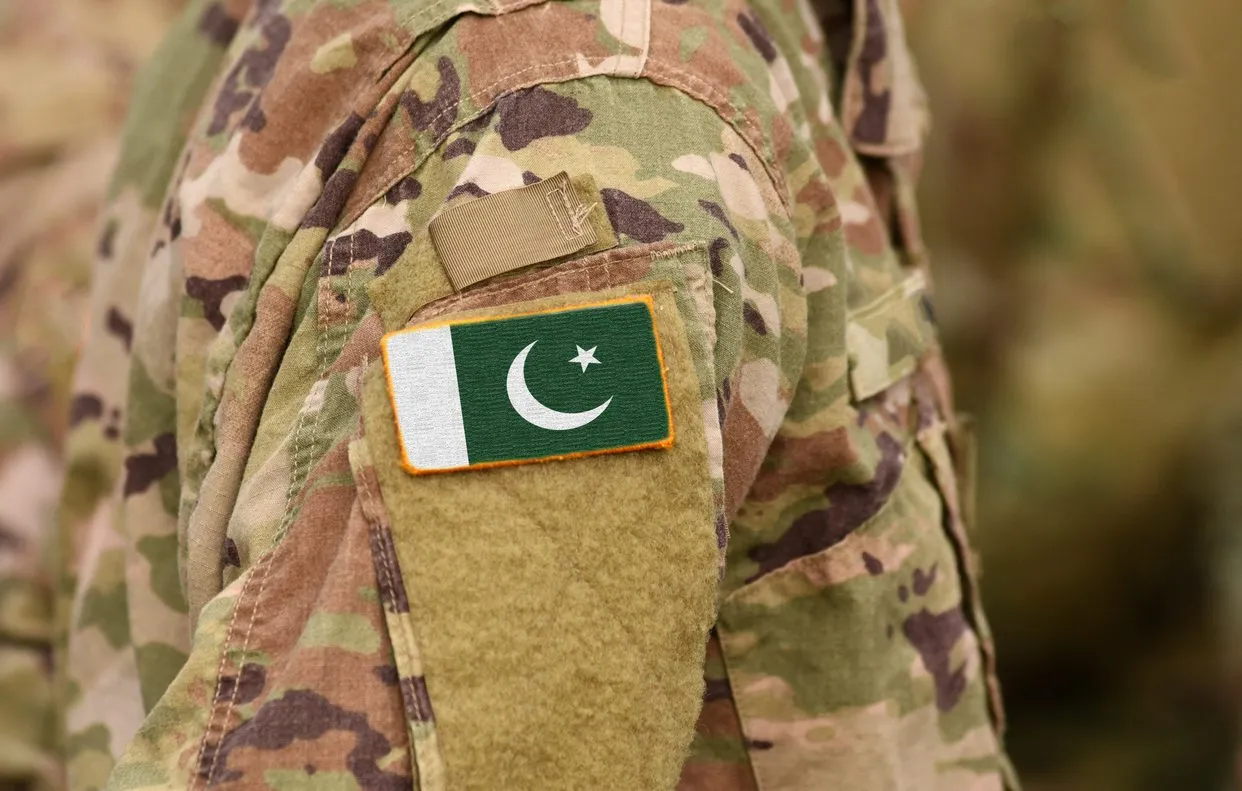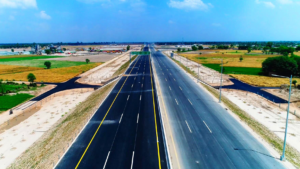Pakistan is a country of consequence, due to its pivotal geography, rich history, varying cultural landscape and vibrant demography, wherein 64% of its 240 million population hails from the age bracket of 18-35 years. Such an immense demographic dividend is likely to afford the country with luxury of the cheapest human resource in the region and beyond. Nevertheless, persistent mis-governance, rampant corruption, cronyism and faulty policies of previous Governments, have been the stumbling blocks in country’s road to progress. The economy of Pakistan is going through a tumultuous era. Recently, it touched an abysmally low point however, the good news is that after slightly protracted period of cataclysm, all major economic indicators have started to show the signs of recovery. For the revival of economy, current Government and Pakistan Armed Forces are working hand in glove. The coordinated and consistent efforts of Special Investment Facilitation Council (SIFC) are self-evident. In last one year, not only SIFC has made its place in the economical hierarchy but ensured all possible measures for attracting and facilitating the foreign investment.
Pakistan Army due to its experience of running welfare institutions across the length of the country is chipping in due share towards national economy. Army welfare institutions like Fauji Foundation, National Logistics Corporation (NLC), Frontier Works Organization (FWO), Defence Housing Authority (DHAs) are surely contributing towards national economy. Ironically however, certain dissident political quarters are spitting venom against welfare institutions. Courting hearsay and unsubstantiated allegations, controversies are weaved and insinuations created, on one pretext or the other. It seems that such misconceptions are deliberately spread to tarnish the image of the national Army and its institutions. Some of the myths, which are often held include that Army welfare institutions work mostly on Government provided funds and taxpayers’ money, which is untrue. If a fair and closer look is taken, it is learnt that Army welfare institutions are very much contributing towards health of national economy by regularly and timely paying taxes, affording employment opportunities to Pakistani nationals and investing in country’s infrastructure. This article is an attempt to demystify the reality of Army welfare institutions in a bid to bring about their genuine offerings to national economy.
Tax Contributions
Saying that institutions run by Army are funded through public money and the common man is paying for institutions is nothing but a blatant lie. The system of Army Welfare Institutions (AWI) was established as a sequel to the partition of 1947, when assets of the British were divided between Indian Army and Pakistan Army. The leadership of Pakistan Army at that time, considered it prudent to channel some of the resources into Army welfare institutions for affording much needed benefits to its soldiers.
Contrary to the perception that AWIs are tax-exempt organisations, these institutions are significant revenue earners for the government of Pakistan. For example, the Fauji Foundation, one of the biggest business groups in Pakistan, has paid significant amount of taxes in the recent past. As per the latest financial reports, Fauji Foundation has paid taxes of Rs. 223 billion. During the financial year 2020/21, Fauji Foundation made a tax payment of Rs. 150 billion, whereas it has contributed to the tune of
Rs.1 trillion to national exchequer, in the last several years.
Likewise, Defence Housing Authority (DHA) has been a major taxpayer. As per recent updates, DHA added Rs. 23 billion to the national exchequer. The NLC and FWO, which are actively involved in the logistics and infrastructure sectors, are also submitting huge sums in form of taxes to the national coffers.
Employment Opportunities
Army Welfare Institutions are one of the largest employers in Pakistan, which means that there are sizeable employment opportunities for the civilians. Fauji Foundation has its own network of businesses and industries, which afford direct employment to tens of thousands of people. These jobs include technical and managerial positions, as well as the skilled and unskilled workers.
Both NLC and FWO are also involved in employment generation. The NLC, which is involved in the management of huge logistics activities, has thousands of drivers, logistics managers, and other employees. The FWO, which is involved in large construction and infrastructural projects, recruits’ engineers, technicians, and labourers. These employment opportunities not only help in the reduction of unemployment rate but also play an important role in skill development and enhancement of workforce in Pakistan.
Economic Benefits and Infrastructure Development
Army Welfare Institutions have made a great impact in the development of infrastructure among the many other contributions. The FWO and NLC are involved in implementing most of the large infrastructure projects such as roads, bridges, tunnels, and even urban development projects. Such projects are vital for the economic growth and integration of Pakistan into the regional and global economy.
The FWO has been instrumental in building some of the most strategic facilities in Pakistan including Karakoram Highway (KKH) and a network of Motorway across the country. These projects not only encourage domestic business and transport but also improve the trade links, especially with neighbouring countries. It is also involved big way in mineral extraction projects. The economic impacts of FWO projects are enormous, cutting costs of transport and providing quick market access.
In a similar manner, the NLC is efficiently managing the transport and supply chain of products in the country and recently abroad. Logistics are important for any economy and the NLC’s efforts ensure that the supply chain in Pakistan is kept running to support businesses and deliver goods on time. These activities are not funded by the Government or the taxpayers’ money but are financed by the revenues earned by the activities themselves. NLC has to its credit, shipment and commodities to countries located thousands of miles away and the list includes Russia, China, Turkiye, Azerbaijan, Turkmenistan, Kyrgyzstan, Tajikistan and Kazakhstan.
Addressing Misconceptions
To this end, it remains crucial to dispel the myths and shun the wrong notion that exists about AWIs as being affiliated with the military and funded by the Government. Indeed, these organizations are legally recognized as separate entities that operate in the market and generate revenue like any other company. They earn their income from business undertakings, contribute to the Government’s coffers through taxes, and reinvest their profits to further their business besides other charitable causes.
Additionally, the revenues that these institutions earn, are reinvested into welfare initiatives such as health, education, and accommodation of military martyrs and their families and dependents. These welfare activities save the Government some cash, and in the process, taxpayers are relieved of the responsibility of supporting military personnel and their dependents without extra state aid.
Conclusion
Army Welfare Institutions such as Fauji Foundation, NLC, FWO and DHA are important players in boosting the economy of Pakistan. These are equally significant being regular and sizeable tax payers, afford employment opportunities and ensure provision of infrastructure. Such organizations are mostly private organizations that do not depend on Government support and funding but are funded by their business activities for their growth and expansion. These contributions make it possible to understand that the propaganda against these institutions is false and purported. As for their contributions to the economic development of Pakistan and the welfare of military personnel, they are quite meaningful and worthy of appreciation.
Muskan Moazzam is currently pursuing MPhil in Defence and Strategic Studies from Quaid e Azam University, Islamabad.


![Is Studying MBBS Abroad the "Great Escape" for Pakistani Students? [Image via Dawn]](https://policy-wire.com/wp-content/uploads/2024/05/51e9041a176b9-300x180.webp)

